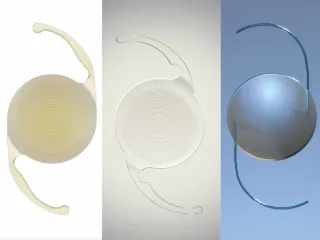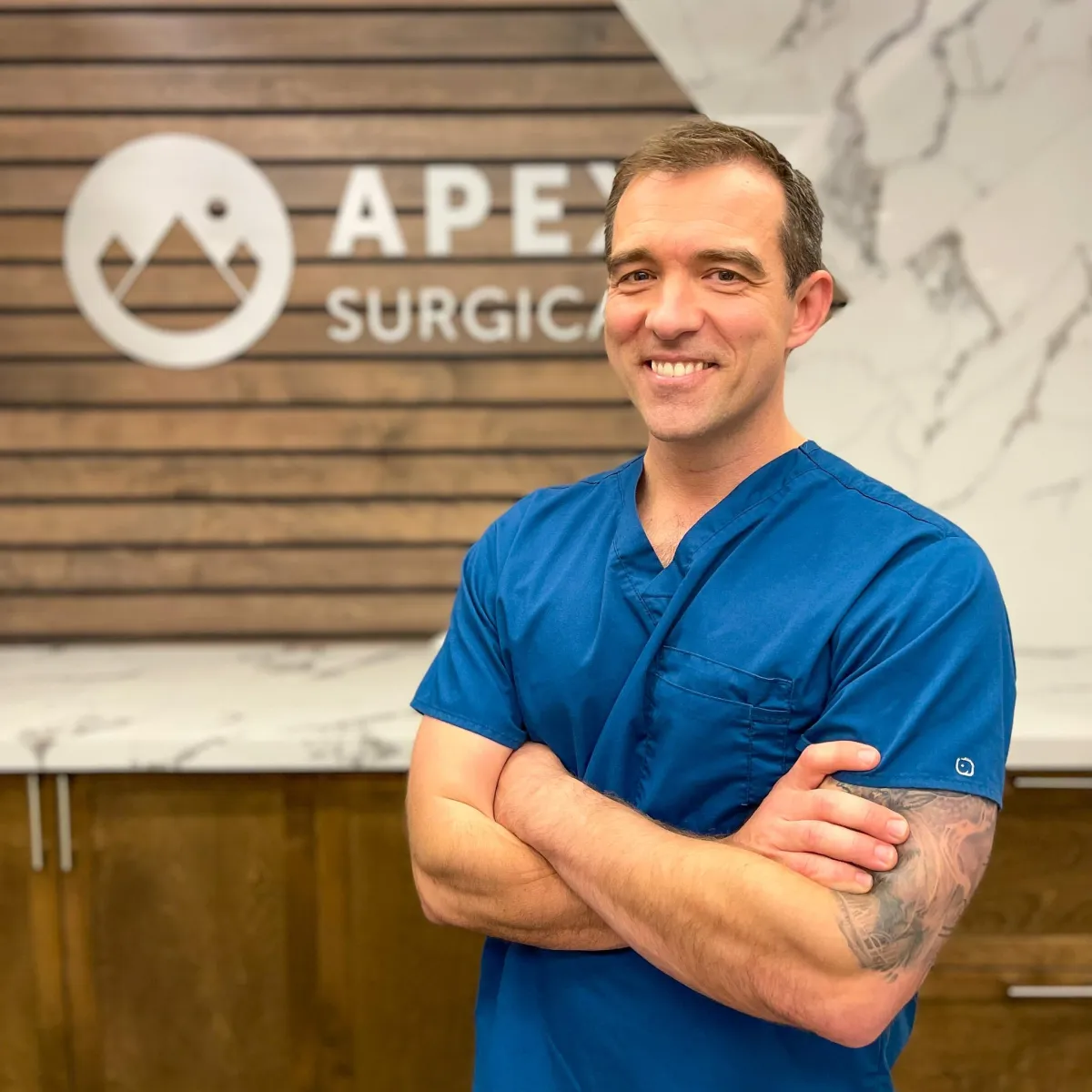FAQ
FREQUENTLY ASKED QUESTIONS
What is Refractive Lens Exchange (RLE)?
Refractive lens exchange is a surgical procedure to replace the natural lens in your eye. The surgeon replaces the natural lens with an artificial correction lens or intraocular lens (IOL), customized to every individual’s condition.
How is Refractive Lens Exchange Surgery Performed?
A registered and experienced ophthalmologist or eye surgeon performs the procedure to replace your lens.
Before the procedure, an expert conducts a thorough eye examination to provide your physician with important information about your treatment. The doctor will give you information about the surgery, what kind of corrective lenses are available for you, and aftercare tips during the consultation.
You experience no pain during the lens replacement procedure. The surgeon will administer anaesthesia to your eye to numb the nerves. The doctor will then make a micro-incision to the side of your cornea.
This gives them access to your natural lens. The doctor then extracts the natural lens replaces it with an artificial lens implant using microinjection.
What is a cataract?
As you grow older, your natural lens can continue aging, and it starts getting harder to focus your eyesight. In other cases, the lens can get cloudier, progresses over time. This is called a cataract.
The cloudier the natural lens gets, the harder it is to focus, and over time, your vision can become completely distorted.
In some cases, the progression of the cloudiness may lead to permanent vision loss. Replacement of the cataract with a refractive lens guarantees better focus, and you retain your sight if there isn’t any other underlying condition.
You can always consult with us if you need to undergo any corrective lens surgery for your cataract replacement.
Are there different types of IOL replacements?
There are a variety of lens implants that can help you correct your eyesight. The two main types of lens implants to choose from are:
Monofocal lenses – These types of lenses provide good distance vision. Their function is to either correct distance vision or near vision, but not both. Due to the challenge of only correcting one condition, you might need to wear glasses. It will help you with the other compromise of your focus condition.
In some cases, your doctor might recommend blending the mono-focal lenses, using a distance lens in one eye and a near lens in the other, to help your sight focus adequately.
Multifocal lenses – Recently, manufactures have designed other lens implants have to tackle both near vision and distance vision. These lenses are called multifocal lenses. They offer a better chance of eyesight correction success, so you can see far and read a book without the need for glasses.
Multifocal lenses have various designs, all created to correct your vision while reducing your need to rely on spectacles. The most common type of lens used is the trifocal lens that allows you to see far distances, have intermediate vision focus, and see near objects. Have questions on which is the best refractive lens implant you want, consult with us and find out which are the best choices for you.

Is Refractive Lens Exchange only for cataracts?
No. Refractive Lens Exchange can correct many types of vision problems. To learn more we suggest that you consult with Dr. French.
Can I book an appointment online?
Yes. you can arrange a free consultation with Dr. French at APEX Surgical by clicking the link below.
Will RLE give me 20/20 Vision?
RLE is essentially the same procedure without the presence of a cataract. Like LASIK and other modern eye surgeries, refractive IOLs have allowed millions of patients to achieve 20/20 vision or better without the need for glasses or contact lenses.
Who is a good candidate for RLE?
You may be a good candidate for RLE if you are over the age of 40, experiencing presbyopia, and have not yet developed cataracts. Candidates for RLE are also those who desire to see clearly at a range of distances without the consistent need for contacts or glasses.
How do I prepare for RLE surgery?
Refractive lens exchange (RLE) is an eye surgery used to treat refractive visual errors....To prepare for an RLE, you may need to:
Stop taking certain medications.
Use antibiotic eye drops ahead of time.
Not eat after midnight the night before your surgery.
Arrange for someone to drive you home.
How long does it take to recover from RLE?
Some patients may require several days for visual recovery, but this will depend on the person's individual healing process. Usually, by their one-week post-op appointment, their vision is excellent. Most people can return to work and resume sports activities shortly after RLE eye surgery.
How long do RLE lenses last?
A cataract lens will last a lifetime, and the vast majority of patients do not experience any complications with their lenses after cataract surgery. In fact, the most common post-cataract surgery issue has nothing to do with your lens in particular. Refractive lens exchange should provide a lifetime of visual freedom.
What is the success rate of RLE?
Comparable to cataract surgery, RLE is a 10 to 15 minute outpatient procedure done under local anesthetic with success rates of 98% to 99%. No surgery is 100% risk free.
What can go wrong with RLE?
RLE candidates must be carefully selected, paying strict attention to risk versus benefit. Risks for postoperative long-term complications, especially in myopes, include posterior capsular opacification, cystoid macular edema, and rhegmatogenous retinal detachment.
Are you awake during RLE?
Yes, you are awake during RLE. However, again, you receive numbing drops so you won't feel anything. The entire RLE surgery takes about 15 minutes and is performed in an outpatient environment.
Can you see straight after lens replacement?
After the lens replacement, your vision should be at near-normal levels. Some patients will notice vision improvements within a day. On average, eye lens replacement surgery recovery time is about two weeks. The majority of patients will be seeing better by the next morning, and by 1 week, almost all patients are happy with their vision. Continued improvements in vision can continue for several weeks after surgery.
Is refractive lens exchange worth it?
When it comes to refractive lens exchange, the pros significantly outweigh the cons. One of the most popular pros is increased visual quality. Patients who undergo the surgery can enjoy a permanent solution to vision issues. Refractive lens exchange can even help with medical issues such as cataracts.
What is the average cost of RLE?
The cost for RLE can range anywhere from $2,500 to $4,500 per eye, depending on the region, surgeon, and specific needs of any given patient.
How long does refractive lens surgery take?
Regardless of whether a patient chooses traditional or laser cataract surgery, the procedure typically takes approximately 10 minutes per eye.
How painful is lens replacement surgery?
No. Lens replacement surgery is a painless and safe procedure. Prior to the surgery, the patient will receive local anaesthetic to remove all pain sensations during the operation. As the anaesthetic wears off, patients commonly experience some temporary discomfort.
Does Refractive Lens Exchange change eye color?
No. Cataract surgery does not change the color of the iris. Your eye color will remain the same.
Does Refractive Lens Exchange work for astigmatism?
Refractive lens exchange (RLE) is an elective eye surgery that corrects vision problems such as myopia, hyperopia, and astigmatism, with the added benefit of correcting presbyopia (age-related inability to see up close). It is the same surgical procedure used to remove cataracts.

Thank You
For Visiting Our Website
Hi, this is Dr. French, the Medical Director at APEX Surgical. Thank you for visiting our website and considering allowing us to help you with your potential refractive lens exchange or cataract surgery. We look forward to helping you explore the options to eliminate your need for glasses with either of these surgeries.
If you are interested in cataract surgery at Apex Surgical please have your Optometrist or Family Physician send along a referral to the Apex eye institute at fax: 709-639-3939.
If you would like a free consultation with myself or Dr. Dan Belliveau to discuss your options for a refractive lens exchange and eliminating your need for glasses please click the link below.
Dr Justin French, FRCSC
Medical Director Apex Surgical Inc.
Office: 4 Grenfell Drive
Call: 709.639.3937
Email: info@apexsurgicalnl.com
Site: apexsurgicalnl.com

